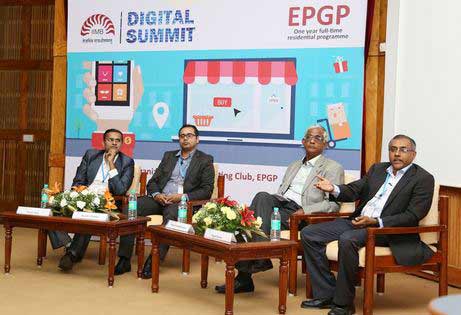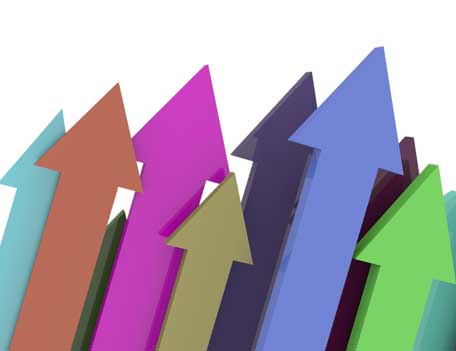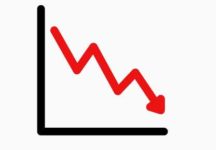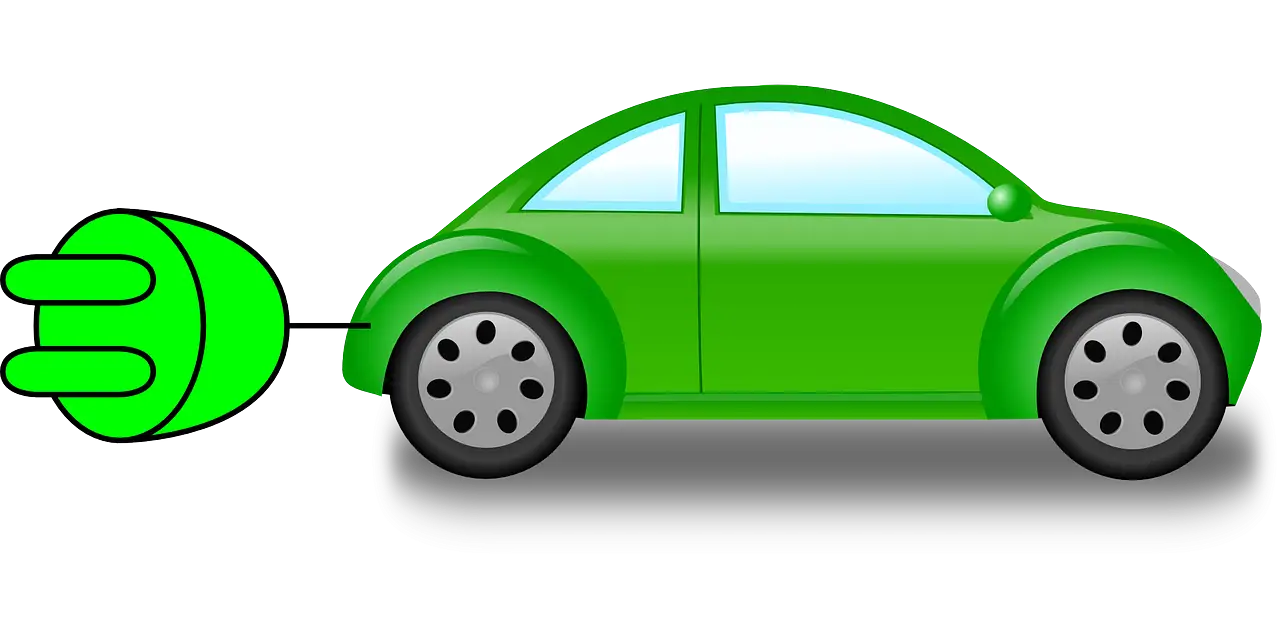India Does Not Go Online; It Lives Online- IIMB organises Digital Summit

Declaring that India is a mobile first nation, where 65% of users access the internet through mobile devices and over half of searches come from mobile devices, best minds at IIMB’s First Digital Summit offer insights into how digital technologies are shaping the country’s dynamic business landscape.
Bangalore: Emphasizing that the mobile phone as a platform will continue to spur the growth of internet and reshape marketing strategies, top executives from Google, Facebook, Snapdeal, Flipkart, InMobi, Fybr, Cisco and BRIDGEi2i Analytics Solutions, and astute policy makers dissected trends and discussed strategies at the Digital Summit, organized by the students of IIMB’s one year full-time Executive Post Graduate Programme in Management (EPGP), on Saturday, 19th September 2015.
A one-of-a-kind initiative by the students of the EPGP, the summit, which opened to a full-house, brought together key policy makers and practitioners from across digital world domains who shared their insights on emerging digital trends that were proving instrumental in changing the future of Digital India.
In his opening remarks, Professor Dinesh Kumar, Chairperson, Executive Post Graduate Programme, IIMB, recognized as one among the top 10 Most Prominent Analytics academicians in India, set the tone for the summit by sharing his learnings when working on a case study on the impact of digital marketing on the box office collections of a Bollywood movie. “We hope the best minds from industry and policy who will speak at this summit will help students of marketing decipher future technological trends, identify opportunities, understand the challenges and come up with strategies to ride the digital wave. This would be a key event for anyone who wants to gain strategic insights into how digital technologies are shaping the dynamic business landscape,” he said.
In his keynote address, Nitin Bawankule, IIMB alumnus and Director, eCommerce, Google, said: “There are over 300 million internet users in India, making us the world’s second largest internet population. We are a mobile first nation, where 65% of users access the internet through mobile devices. Over half our searches come from mobile devices, and mobile as a platform will continue to spur the growth of internet. As per report from Ericson, there will be over 500 million smartphone users in India by 2020. By 2020, over 600 million Indians will be online, out of which approx. 250 million will be buying online. The online retail market, which was pegged at $ 4.5 billion in 2014, is projected to grow to over $75 billion in 2020.”
Declaring that over the next decade, ‘India will not go online, it will be always online’, he underscored his forecast with plenty of real-world examples from the lifestyle, media and entertainment industries. Exhorting students of marketing and sales to gear up for a challenging time, he said the intelligent leveraging of technology, data and strategy would help them stay on top of their game.
Describing how the smartphone had empowered users in India, especially women, he remarked that the internet revolution had changed social and economic life. “Earlier, the PC or laptop was typically controlled by the earning male in the family. With the proliferation of the smartphone, this social dynamic is also changing. Moreover, as we as a country are challenged in terms of infrastructure, so advancements in digital technology are welcome as they change the way we work, earn and enjoy our leisure. Hence this is a huge opportunity for marketers.”
Dr Rathan Kelkar, IAS (Batch of 2003), CEO, Centre for e-Governance, Government of Karnataka, spoke on “transforming India into a digitally empowered society and knowledge economy”. Describing the focus of the Union government’s ‘Digital India’ campaign, he also touched upon the achievements of the State government in using mobile technology to deliver services quickly and in a transparent manner. “My biggest challenge today, in this galaxy of corporate speakers, is to sell government to you and prove that we too do work,” he quipped as the room erupted in laughter. Going on to list the Mission Mode Projects (MMPs) under the National e-Governance Plan, he said citizens’ lives were being made infinitely easier with changes in delivering services be it the postal services or law and offer services using ICT. “We are using technology to empower citizens.”
Saurabh Chandra, Head of IT Apps at Flipkart, described digital technology (Mobility, Data & Cloud) mixed with SCM and robotics as the “new cocktail of the season” for VCs and business. “Intelligence, powered by technology, supported by data and strategy and executed speedily, will win the race. I also believe many new gen companies and entrepreneurs will disrupt this space,” he added.
Ranjan Kant, Director of Strategy at Snapdeal, said: “The decade from 2000-2010 will go down as the decade of digital entrepreneurship. The IIMB Digital Summit comes at an interesting halfway juncture, helping us evaluate learnings over the last five years so that we can see how the next five years will shape up.”
Piyush Kumar Chowhan of Walmart Labs said the Digital Summit provided a forum to talk about the latest happening in digital world and how it was fast changing the landscape of organizations.
While Vasuta Agarwal from InMobi spoke on ‘Emerging Trends in Mobile Advertising’, Mrinal Wadhwa from Fybr, Ashish Sharma from BRIDGEi2i Analytics Solutions, Jayaram from Cisco and Prateek Sinha from Facebook discussed strategies that would prepare India to face technological challenges in the eCommerce domain.







